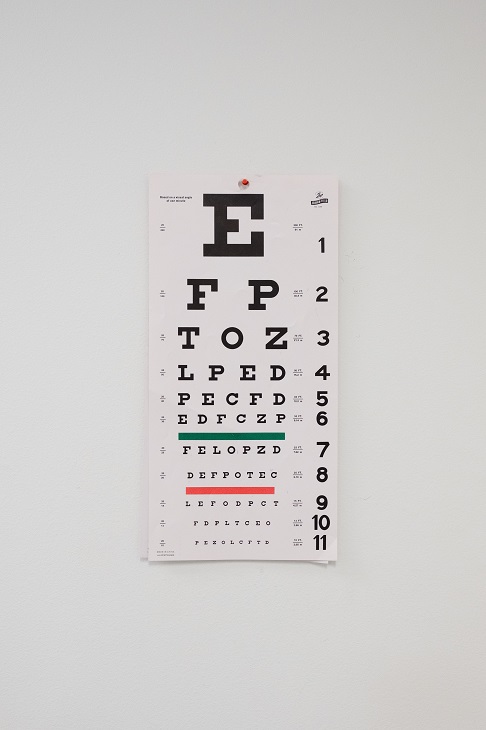Medicare helps a lot of people, especially those with disabilities. Still, it changes quite frequently and what was once covered may not be covered anymore.
Many people with mobility issues need a van to transport themselves and their equipment where they need to go. But this is not an inexpensive purchase. The question many people want to know is: will Medicare pay for a wheelchair access van? Read on to find out more!
Who Does Medicare Cover?
In the United States, Medicare is a health program for people over the age of 65 and people under that age with a disability. It provides healthcare coverage so you can see a doctor and receive medication. The real question for those with disabilities is: will it help to cover the things needs to improve your personal mobility?

Will Medicare Pay For A Wheelchair Accessible Van?
Medicare is made up of four parts and each part has a separate function. These parts are:
- Part A – Covers skilled nursing care, hospice, and hospital services
- Part B – Covers outpatient services
- Part C – Also called Medicare Advantage; allows a patient to choose a health care plan with a private health care provider and may help with the costs associated with transportation (but you’ll need to check with your provider)
- Part D – Covers prescriptions
There’s no guarantee that Part C will help with any costs associated with a new van. As you can see, Parts A, B, and D have no coverage for mobility aids such as a handicap accessible van.
Will Medicare Help Pay For A Wheelchair Lift On A Vehicle?
The answer to this question is, unfortunately, no. While many people depend on Medicare to help cover their health care costs, it does not deem mobility devices as a covered expense. Medicare is not meant to be a full-coverage option of health care for most people. Instead, it is meant to be a foundation from which you can build a plan that helps to cover your health care costs.
Does Medicare Cover Power Wheelchairs or Scooters?
Power wheelchairs and scooters are classified under Medicare as power-operated vehicles. That’s not the same as a personal mobility vehicle, which is what they consider a handicap accessible van. Medicare does pay for power-operated vehicles, such as a power wheelchair. But even with a prescription for durable medical equipment from your treating physician, Medicare will not cover a personal mobility vehicle.
If you’re looking to get a power-operated vehicle, it’s important to know that a prior authorization is required before it will cover the purchase. If your doctor prescribes a scooter, for example, you must have the durable medical equipment device supplier submit a request on your behalf to Medicare before it is covered. If you buy it first then apply for reimbursement, then you may find yourself in a tough spot.
What About Medicare’s Medigap Coverage?
Medicare offers something called Medigap. This is an additional health insurance plan that can be purchased from a private health care provider that will cover things Medicare will not cover, such as deductibles and co-pays.
It’s important to note that Medigap doesn’t allow for additional coverage such as vision or dental and many won’t cover prescription drugs, either. Medigap also won’t cover accessible van purchases.

Who Can Help With Accessible Van Purchases?
If you’re disabled and need an accessible van to provide transportation, there are programs out there that can help. Grants are available nationwide, as well as grants in specific states and for people with specific conditions. Doing a search for these grants may help to get you at least some of the money you need for an accessible van purchase.
A couple of options that can help pay for your accessible van include:
- The US Department of Veteran’s Affairs has accessible van grants available for veterans
- Special financing options from accessible van dealers
If you or someone you love is struggling to find the resources for an accessible van, Medicare may not be able to help, but there is help out there. Don’t give up if you are having issues finding assistance, because this is a problem many of those in wheelchairs must contend with, and help is available.

